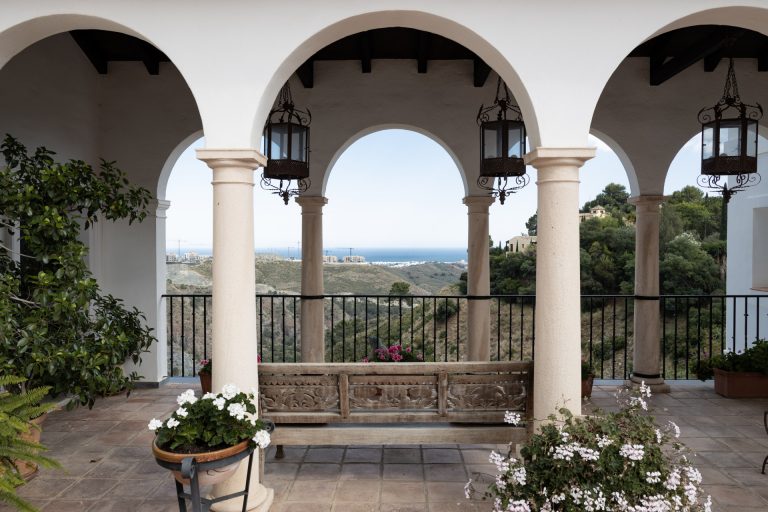AEPSI forecasts that major cities including Madrid, Barcelona, Valencia, Sevilla and Malaga will experience a less significant drop in property prices, (between 5% and 7%) in comparison to the rest of the country which they predict will average a steep 10% drop overnight due to the Coronavirus Crisis.
Iñaki Unsain, President of AEPSI, explains: “The variation in the price of housing depends, mainly, on the evolution of employment, the GDP and interest rates. When these variables spiral downward, the price of housing falls. The price variation will depend largely on the recovery period and because we have yet to quantify this timeframe, we face a temporary U-shaped crisis, where time dictates everything. The longer the economic hold up lasts, the greater the price decline will be. ”
Fotocasa and Tecnitasa take on a more cautious approach
A source from Fotocasa stated that “in 2020, before the coronavirus, prices of houses had levelled and maintained this consistency over the last year. Prices of second-hand homes in Spain were beginning to stabilise, especially in areas where there had been a sharp increase in prices, previously. At the end of 2019, the second-hand property market in both, Madrid and Barcelona was already stabilising and in the rest of Spain, it had suffered a minimal drop, of an overall average of -1.9%.
Obviously, the Coronavirus will affect the real estate sector and we can expect an initial price drop. That is inevitable, as will be the case for all sectors of the economy. However, it will be short-lived. Prices will stabilise as was expected for 2020. Of course, this is all dependent on how long the country’s state of emergency will last and how long Spain’s economy, halted.
Fernando García-Marcos, technical director of Tecnitasa (Property Valuations) takes on a cautious approach saying that ” to estimate the market at this point in time is hasty. The situation we’re in is unprecedented and has caught us all off-guard, which makes it very unpredictable; stagnation in the real estate market, as in all markets, is inevitable. Right now, everything is at a standstill, we don’t really know what the supply and demand curve will look like once the country is up and running again.” He then confirms: “It is not unreasonable however, to forecast a rapid recovery to levels close to those prior to the health crisis when the situation returns to normal.”
Market weighed until the third quarter
AEPSI’s forecasts, on the other hand, do point to a considerable drop in house prices. “In the short term, and should the health crisis quieten down in May, the real estate market would return to normal in June, registering a drastic reactivation of operations. However, in the worst-case scenario, it would be weighed down until the third quarter”.
Montse Moreno (AEPSI) highlights that “we are in a conjunctional crisis, not a structural one, so it should be noted that the paralysis of the sector and the drop in the results of companies will be temporary”. However, he stresses that “this crisis adds to the recessionary airs that had already been anticipated since last year, which is why we are at a time of maximum urgency to take decisions now, to avoid greater tension at the Treasury concerning the public sector, Spanish companies and families ”.
Bargain hunters
In this context, according to AEPSI, the market will be dominated by buyers, especially those who have liquidity at the moment. The bargain hunters and savvy investors are going to be all over the Spanish market. They know how to sniff out a good deal. Spain will soon be a playground for these bargain hunters who will have the short opportunity to grab those exceptional deals knowing it will not take to profit hugely in the near future. “National buyers will continue to be the protagonist, while foreign investors, mostly from outside the community, are presently analysing the market in search of good investment opportunities”.















































































































































































